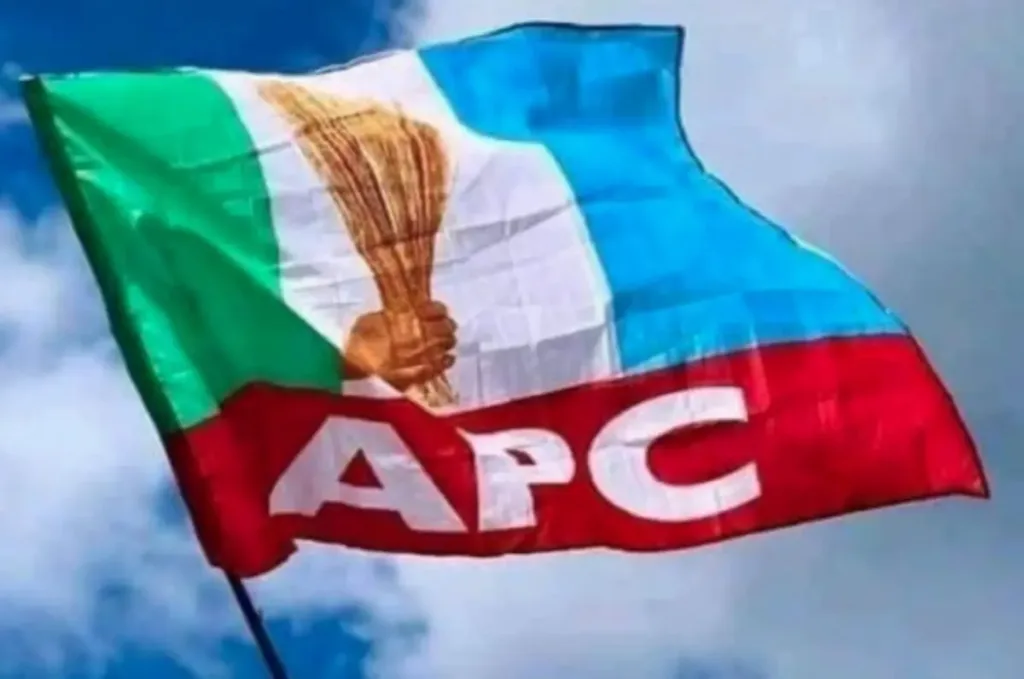The All Progressives Congress (APC), Nigeria’s ruling party, has pushed back against claims of widespread defections within its Kebbi State chapter, dismissing rumors of a membership exodus as baseless. In an official statement released Monday, Kebbi APC Chairman Alhaji Abubakar Kana-Zuru described reports of party members switching allegiances to opposition groups as “false,” emphasizing that the organization remains robust amid Nigeria’s shifting political landscape.
The statement, issued from the state capital of Birnin Kebbi and co-signed by Ahmed Idris, Press Secretary to Kebbi State Governor Abubakar Atiku Bagudu, asserted that the party has instead attracted new members from rival factions. “Contrary to these misleading narratives, our membership base is expanding,” Kana-Zuru said. He highlighted the APC’s strengthening influence both locally and nationally, adding, “We urge the public to disregard these rumors—they are attempts to destabilize our unity.”
The APC, which governs at the national level and holds power in 20 of Nigeria’s 36 states, has faced scrutiny in recent months as the country inches closer to the 2027 general elections. Political analysts often view defection claims as strategic tools to undermine rivals, particularly in regions like Kebbi, a northwestern state bordering Niger Republic. While Kana-Zuru did not identify specific opposition groups allegedly spreading the rumors, he stressed the APC’s focus on internal stability and grassroots outreach.
The chairman’s remarks come amid heightened political activity across Nigeria, with parties jostling for influence ahead of upcoming polls. Kebbi, an agrarian state with a history of competitive elections, has seen increased campaign mobilization efforts, though the APC has maintained control since 2015. Kana-Zuru reiterated the party’s commitment to consolidating its support, stating, “We are actively engaging communities to address their needs and uphold our development agenda.”
The denial underscores the sensitivity of defection narratives in Nigeria’s politics, where shifting alliances often signal broader realignments. While the APC has not provided quantitative data to counter the claims, its leadership remains confident in its hold on Kebbi, a key state in the party’s northwestern stronghold. Observers note that sustained membership growth, if verified, could bolster the APC’s position ahead of future electoral contests.
As the party dismisses the allegations, it faces the dual challenge of maintaining public trust while countering potential perceptions of internal discord. For now, Kebbi’s APC insists its focus remains on governance and mobilization, framing the rumors as distractions from its broader objectives.
